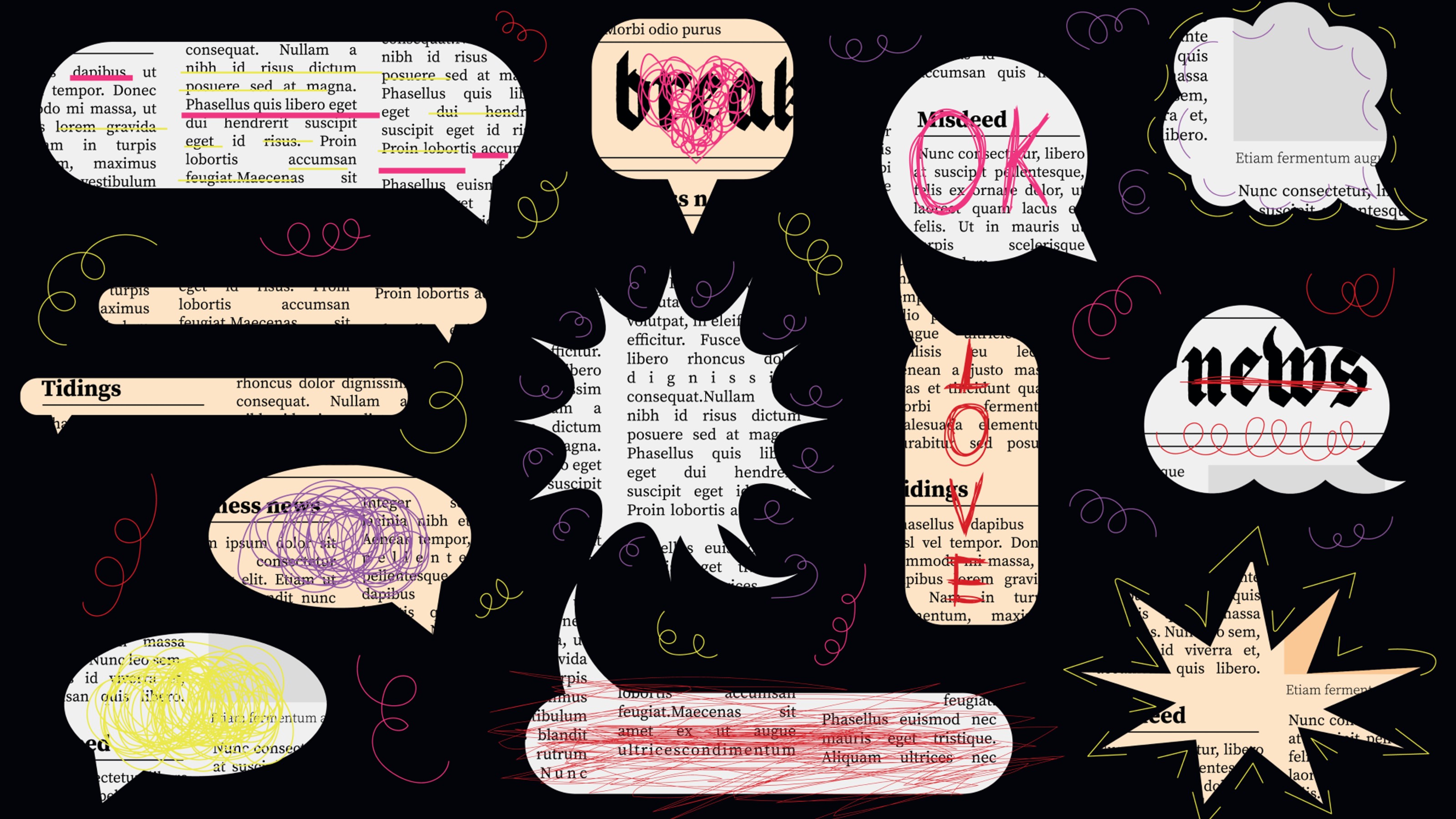The 1 thing to avoid in online political arguments

Shutterstock
- A recent study examined the role that incivility plays in how people perceive online political arguments.
- The results showed that incivility led to more negative perceptions of political arguments — even when the argument was logical.
- The researchers suggested that name-calling, mockery and other forms of incivility should be avoided if you want to persuade people along political lines.
What’s a great way not to persuade people in online political discussions? Toss in a bit of incivility. That’s the takeaway from a new study published in Computers in Human Behavior that examined the role incivility plays in online discussions between different political groups.
“Conflict between political groups is interesting to me because it presents an intergroup situation where individuals often assert their views with a great deal of certainty and a great deal of enmity, yet discussions and contact between people with different political perspectives and identities is important to democratic society,” study author Dr. Jason Popan, an associate professor at the University of Texas Rio Grande Valley, told PsyPost.
In a series of experiments, the researchers asked liberal and conservative participants to read fabricated online political arguments, and to evaluate the rationality of arguments proposed by people of the opposite political persuasion. The participants evaluated whether the arguments were strong or weak, civil or uncivil.
The results showed that participants were more likely to rate uncivil arguments as irrational — even if the argument was strong. What’s more, strong incivility seemed to negatively affect participants’ perceptions of the opposing political group.
It’s discouraging, Popan suggested, because having tough conversations between ideologically opposed groups is how we reach compromise as a society, but it’s incredibly difficult to do when incivility is ubiquitous online.
“Opportunities to learn about an opposition group’s political rationales may be overshadowed by the salience of incivility,” the researchers wrote. “Supporting this view, the results of an experiment where the civility of blog posts was manipulated suggested that incivility leads to a greater tendency to rely on heuristics rather than argument content to reach decisions.”
So, how do you have less toxic political arguments? Popan offered some advice.
“If you want to persuade others that disagree with you by the content of the argument you are making, it is generally best to avoid belittling their views,” Popan told PsyPost. “Name calling and mockery will cause your arguments to appear to be less rational, even in circumstances where you are making good points.
Interestingly, it remains unclear how exactly incivility affects the perceptions of in-group arguments. That’s a question future research will hopefully examine.
“Incivility in U.S politics has been a growing concern, but the latest (2016) presidential demonstrated that incivility, name calling, and mockery can be a central part of a winning political campaign,” Popan told PsyPost. “How such behaviors impact the potential for political deliberation between opposition political groups to lead to progress through compromise remains to be seen, but it seems unlikely that compromise and progress can coexist with behavior consistent with a wrestling entertainment match.”





